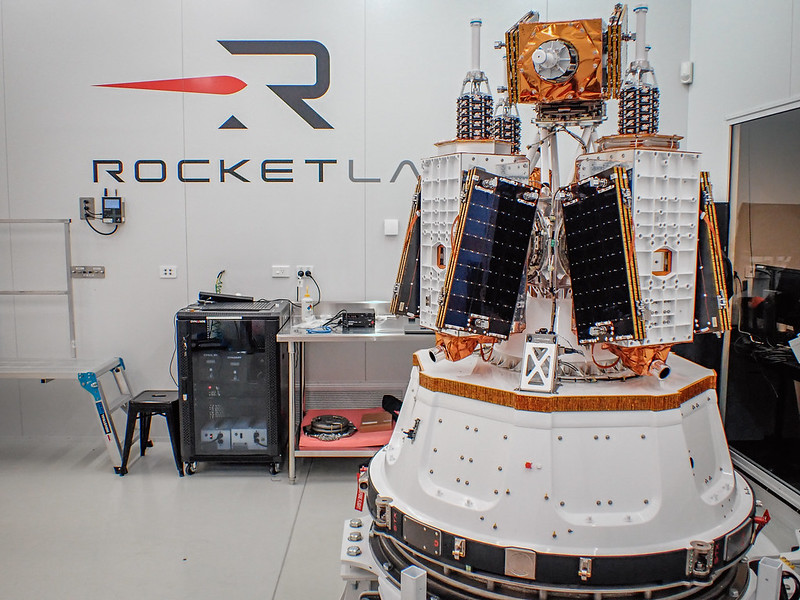Rocket Lab’s Electron rocket successfully lifted off from Mahia, New Zealand at 7:01pm ET Friday night, bringing five Kinéis IoT satellites to orbit.
The mission, dubbed Kinéis Killed the RadIoT Star, was the second of five launches Rocket Lab is expected to conduct for the French company. Kinéis’ goal is to operate the first European constellation dedicated to global IoT, with 25 satellites on orbit by mid-2025.
Killing IoT: Once fully operational, the constellation will guarantee connectivity and location tracking for any object around the globe, according to Kinéis.
The company’s ambition is to capture 30% of the IoT market in the medium term by completely changing the way IoT connected products send and receive data. By connecting to a constellation of satellites—instead of WiFi or Bluetooth—IoT connected objects can function in the most remote locations, enabling a wide range of use cases not typically covered by terrestrial networks.
Booking five dedicated flights on Electron will allow Kinéis to place each batch of five satellites on different orbital planes, enabling the constellation to cover the entire globe, including over the poles.
“Rocket Lab’s Electron launcher made a major contribution to this success, thanks to the precision with which it injected our nanosatellites into their positions. The IoT revolution is underway,” Kinéis CEO Alexandre Tisserant said in a statement.




